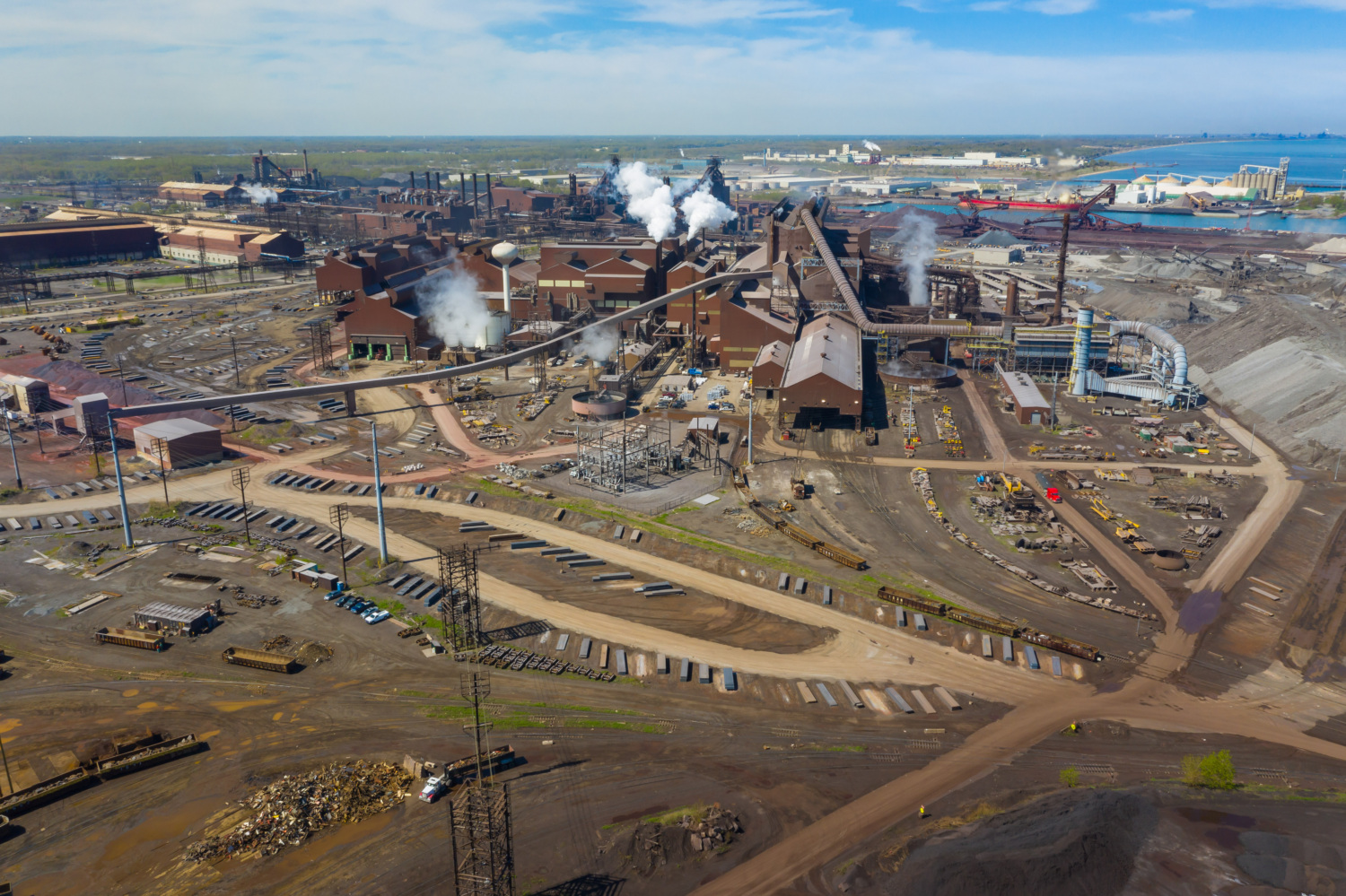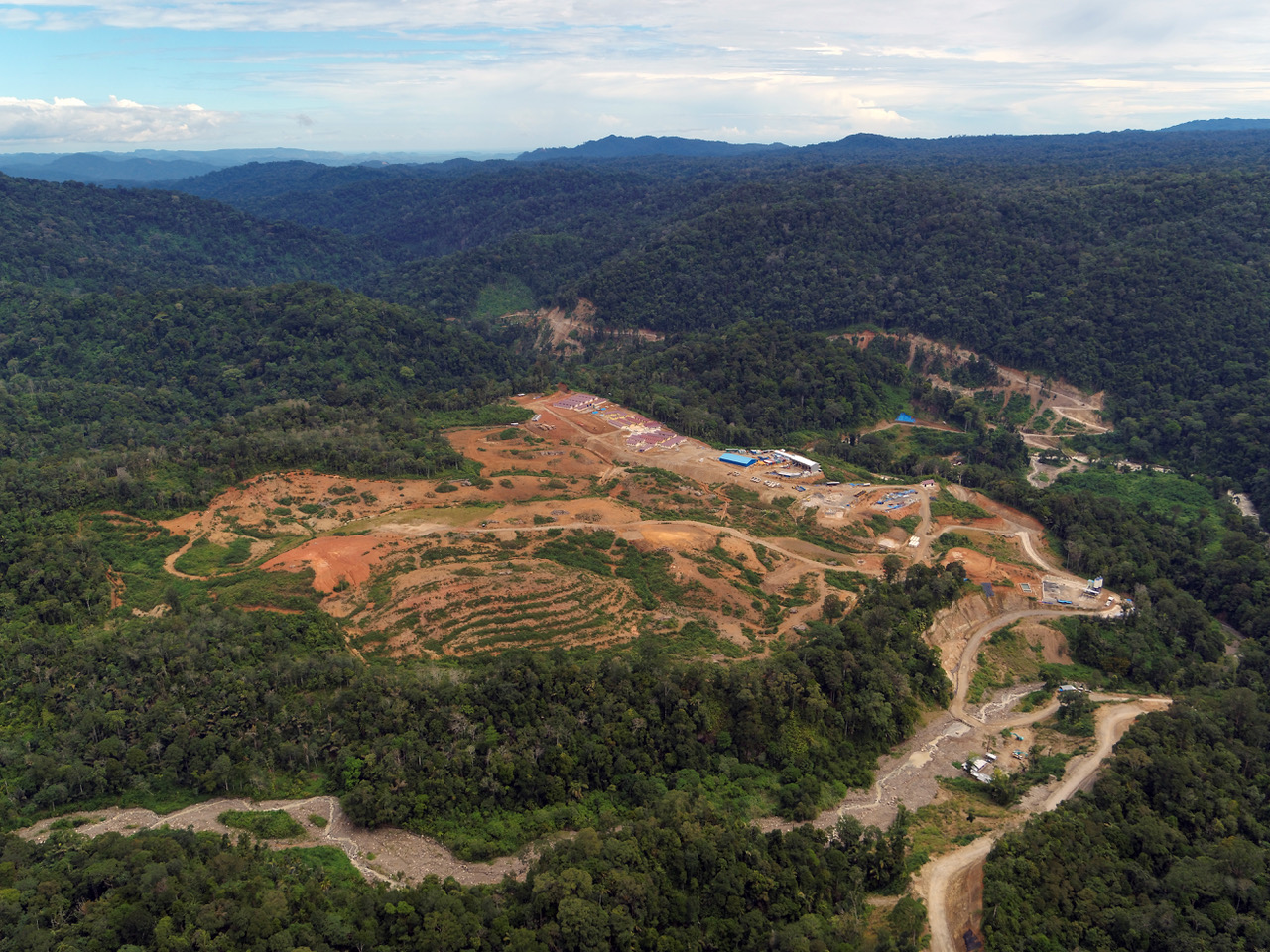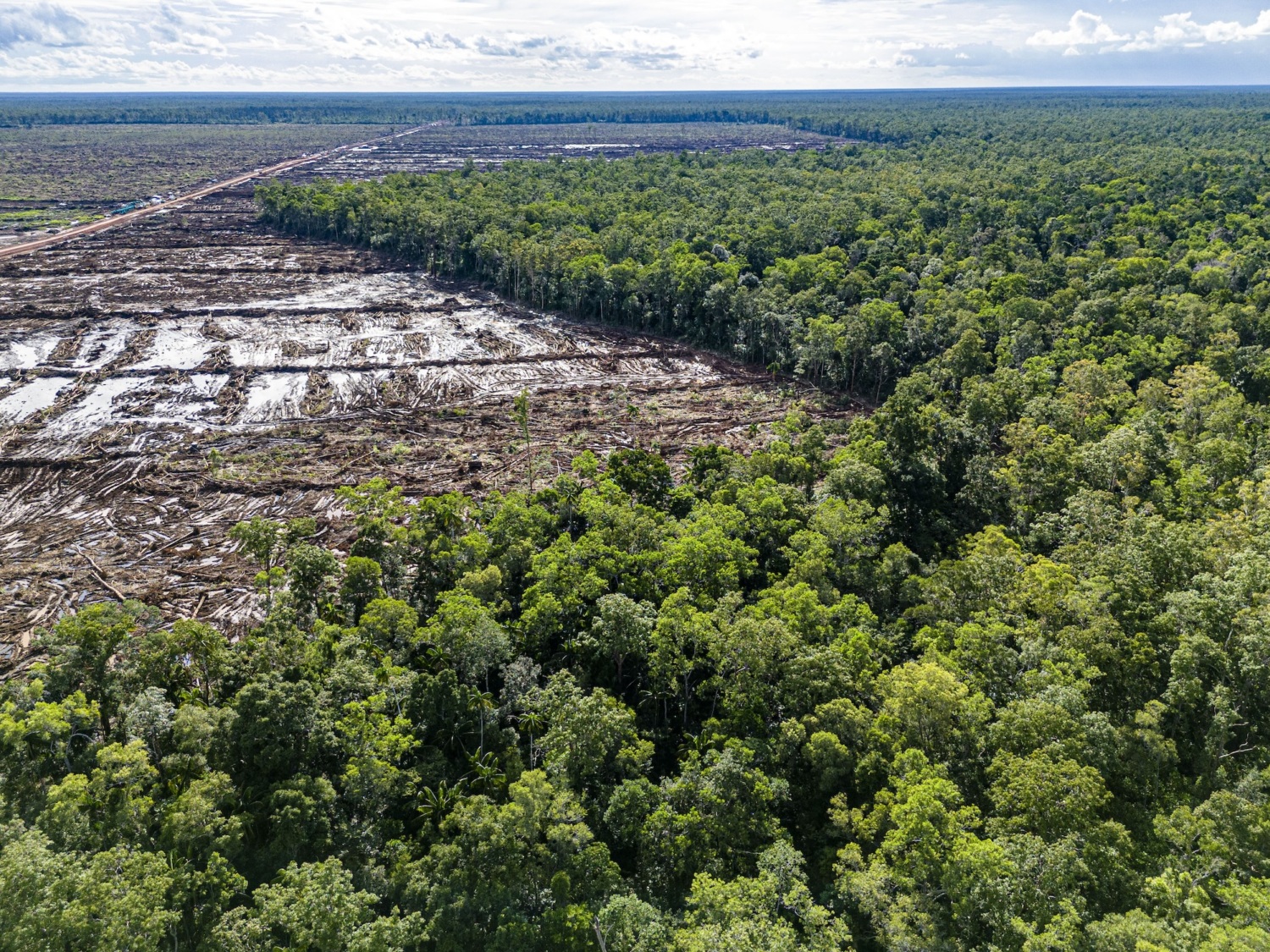
CEO Note: Exposing the world’s largest deforestation project
By Glenn Hurowitz, Founder & CEO
From giant barges full of excavators to the military arriving to help spray pesticides, the images we’ve seen out of Indonesia’s Merauke ‘Food Estates’ project have been alarming. But now the world is watching.
Victoria Milko at the Associated Press has written a story that captures the true scope of the project and the damage done so far. Mighty Earth commissioned Indonesian photojournalist Yusuf Wahil to spend 10 days on the ground to document the impacts alongside teams from Indonesian NGOs Satya Bumi and Pusaka; his photos appear in the AP piece and are featured below.
The AP’s story just came out, and I hope you take a moment to read and share it.
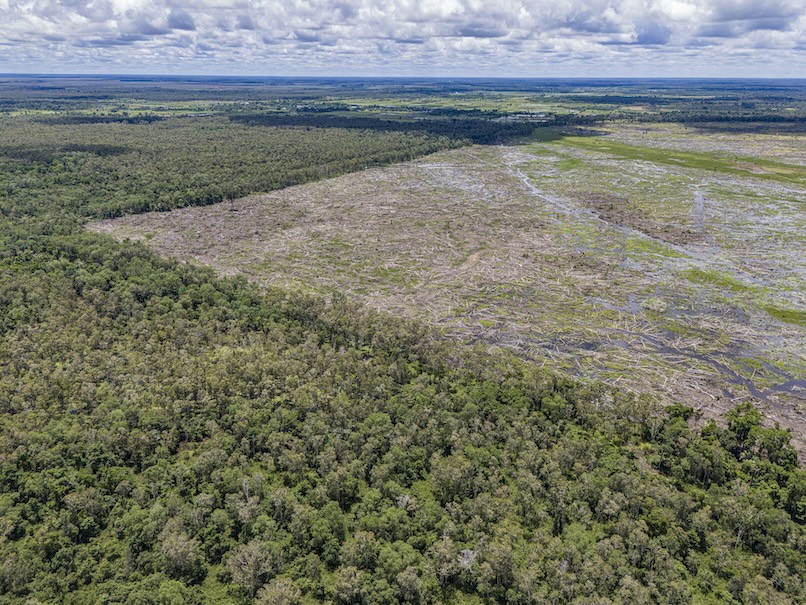
Forest opening in Tambat Village, Tanah Miring District, Friday, March 21. According to residents, the land clearing is allegedly for sugar cane plantations. MIGHTY EARTH/YUSUF WAHIL
The Merauke project was misguided from its inception: the government of Indonesia handed over the land to a consortium of companies in an effort to build a massive state-backed plantation agricultural project – despite a legacy of failure of similar projects. (In what may be a sign of the Merauke project’s impracticality, Indonesia’s Ministry of Defense has actually had to deploy elite combat battalions to help operate bulldozers and spray pesticides).
These companies are now working to destroy 20,000 square kilometers of forests, peatlands and other ecologically sensitive landscapes — including habitat for endangered tree kangaroos and birds of paradise — without regard for the Indigenous peoples already living there. Cynically marketed as a way to build climate resilience and food security for Indonesia, the deforestation will pump about a billion tons of carbon pollution into the atmosphere and much of the eventual sugar crop is destined for use in ethanol to be burned as fuel.
The government of Indonesia has let the business consortium proceed with minimal oversight. President Prabowo and the Ministries of Environment and Forestry must increase their scrutiny of the consortium’s actions, just as they have in other cases where corporate deforestation has threatened to undermine national climate commitments.
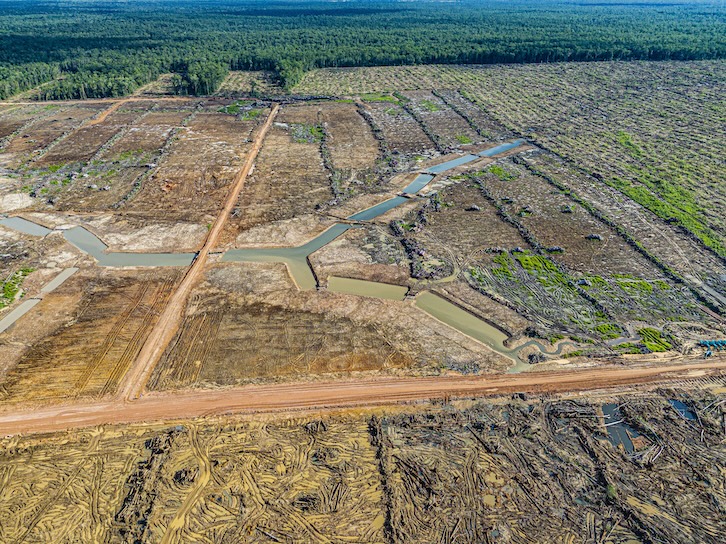
A forest opening that will be used as a sugar cane plantation by PT Murni Nusantara Abadi in Mandiri Jagebob, Merauke Regency, South Papua, Monday, March 17. The location of this plantation is directly adjacent to the customary forest defended by the Kwipalo Clan. MIGHTY EARTH/YUSUF WAHIL
We need President Prabowo to act to protect Indonesia’s forests and help make his country a climate superpower. The best way to convince him is through prolonged media attention and public pressure, and that’s why this AP story is such a big deal.
More to come on this effort – stay tuned!
—
© 2025. The text of this article is openly licensed under Creative Commons (CC BY-ND 4.0); you are free to copy and redistribute or republish the article in its entirety with attribution and credit.
